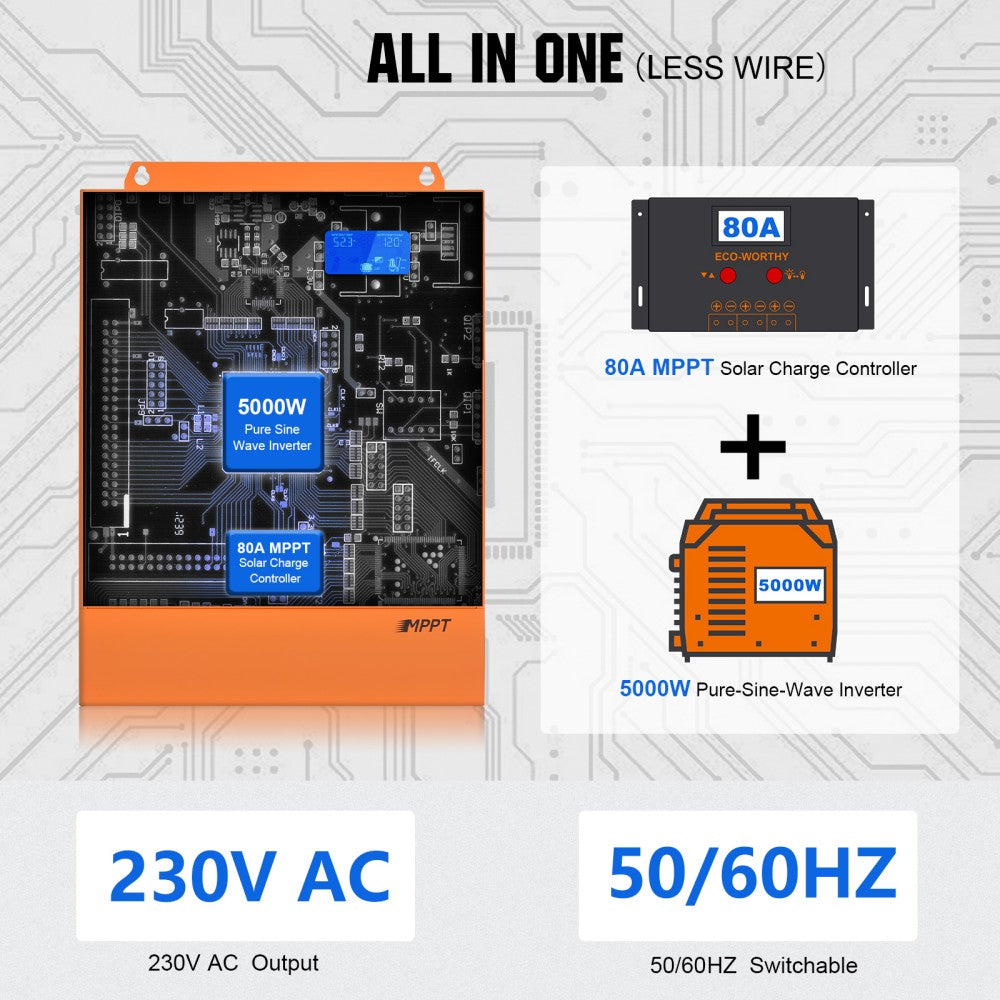When investing in a solar panel system, one of the most critical components to consider is the inverter for solar panels. This device plays a pivotal role in converting the direct current (DC) generated by solar panels into alternating current (AC), which is used in most household appliances. Understanding the different types of inverters and their functionalities can significantly enhance the efficiency of your solar energy system.

Types of Inverters for Solar Panels
There are several types of inverters available in the market, each with its unique features and benefits. The most common types include:
- String Inverters: These are the most widely used in residential solar systems. They connect multiple solar panels in a series, making them cost-effective and easy to install.
- Microinverters: Unlike string inverters, microinverters are attached to each solar panel individually. This allows for better performance in shaded conditions and maximises energy production.
- Power Optimisers: These devices work similarly to microinverters but are used in conjunction with a string inverter. They optimise the output of each panel, improving overall efficiency.
- Hybrid Inverters: These versatile inverters can manage both solar energy and battery storage, making them ideal for those looking to store excess energy for later use.
Factors to Consider When Choosing Inverters for Solar Panels
When selecting the right inverter for your solar panel system, several factors should be taken into account:
- System Size: The size of your solar panel system will determine the type of inverter you need. Larger systems may benefit from microinverters or power optimisers.
- Efficiency Ratings: Look for inverters with high efficiency ratings, as this will ensure that more of the solar energy generated is converted into usable electricity.
- Warranty and Lifespan: Inverters typically have a shorter lifespan than solar panels. Choose a model with a solid warranty to protect your investment.
- Installation and Maintenance: Consider the installation process and ongoing maintenance requirements. Some inverters may require more frequent servicing than others.
Benefits of Using Quality Inverters for Solar Panels
Investing in high-quality inverters for solar panels can yield numerous benefits:
- Enhanced Energy Production: Quality inverters maximise the energy harvested from your solar panels, leading to lower electricity bills.
- Improved System Monitoring: Many modern inverters come with monitoring capabilities, allowing you to track energy production and system performance in real-time.
- Increased System Longevity: A reliable inverter can extend the overall lifespan of your solar energy system, ensuring you get the most out of your investment.
Conclusion
Choosing the right inverter for your solar panel system is crucial for optimising performance and efficiency. By understanding the different types of inverters and considering key factors such as system size and efficiency ratings, you can make an informed decision. For a wide selection of inverters for solar panels, visit . Investing in the right inverter will not only enhance your solar energy system but also contribute to a more sustainable future.








